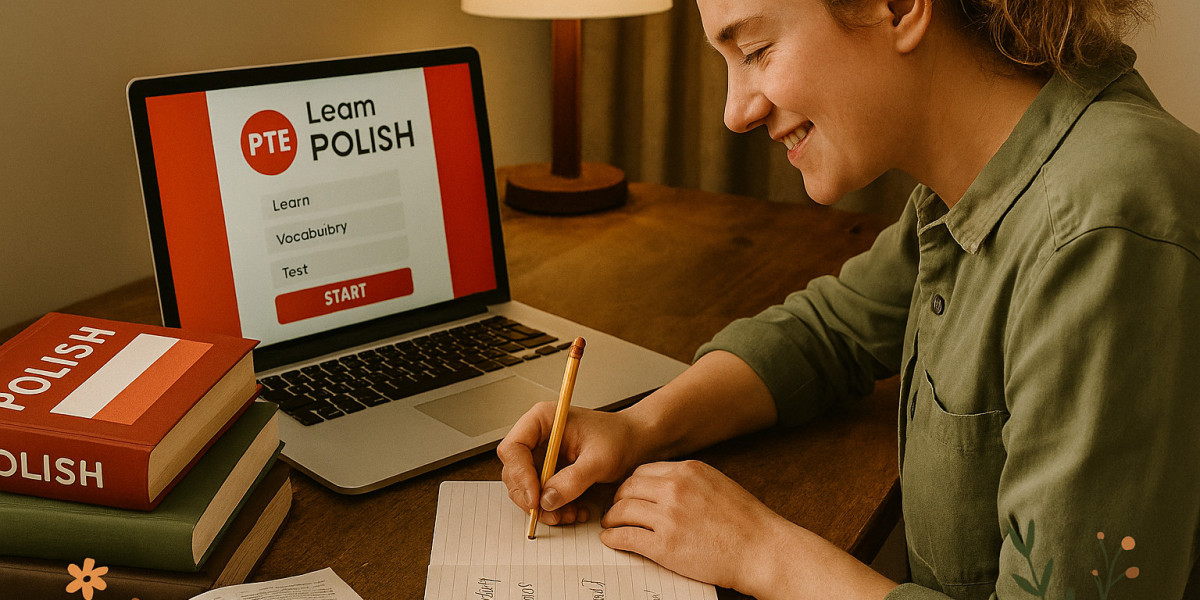Embarking on the journey to study in Poland is an exciting endeavor. One of the first steps in integrating into Polish society and academia is mastering the Polish language. While it may seem challenging at first, with the right approach and resources, learning Polish can be a rewarding experience.
Understanding the Polish Language
The Polish language belongs to the West Slavic group of Indo-European languages. It has a rich history, influenced by German, Czech, Latin, French, and English. This diverse linguistic heritage makes Polish unique and fascinating to learn.
Starting with Pronunciation
Before diving into grammar and vocabulary, it's crucial to familiarize yourself with Polish pronunciation. The language is phonetic, meaning words are pronounced as they are written. However, Polish has specific sounds and diacritics that may be unfamiliar.
Learn the Polish alphabet, which consists of 32 letters, including 9 vowels and 23 consonants.
Pay attention to letters with diacritics like ą, ć, ń, ó, and ź.
Use language learning apps with audio features to hear native pronunciations.
Record yourself speaking and compare with native pronunciations to improve accuracy.
Building Basic Vocabulary
Once you're comfortable with pronunciation, start building your vocabulary. Focus on everyday words and phrases that will help you in daily interactions.
Learn common nouns, verbs, and adjectives used in daily life.
Use flashcards or language apps to reinforce memory.
Practice speaking these words aloud to improve retention.
Understanding Grammar Basics
Polish grammar can be complex, but starting with the basics will set a solid foundation.
Familiarize yourself with noun genders (masculine, feminine, neuter).
Understand the concept of cases, which affect the form of nouns and adjectives.
Learn verb conjugations and sentence structures.
Immersing Yourself in the Language
Immersion is one of the most effective ways to learn a language. Surround yourself with Polish in various forms to enhance your learning experience.
Listen to Polish music and podcasts to get used to the rhythm and sounds of the language.
Watch Polish movies and TV shows with subtitles to improve listening skills.
Read Polish books, newspapers, or websites to expand vocabulary and comprehension.
Practicing Speaking
Speaking is a crucial aspect of language learning. Regular practice will help you gain confidence and fluency.
Find language exchange partners or join language groups to practice speaking.
Use language learning apps that offer speaking exercises.
Don't be afraid to make mistakes; they are part of the learning process.
Utilizing Language Learning Resources
There are numerous resources available to aid in learning Polish.
Language learning apps like Duolingo, Babbel, and Clozemaster offer structured lessons.
Online platforms provide courses and materials tailored for beginners.
Local language schools in Poland offer immersive learning experiences.
Preparing for Certification
If you plan to study in Poland, obtaining a Polish language certificate may be necessary.
The State Certificate Examinations in Polish as a Foreign Language assess proficiency at levels B1, B2, and C2.
Examinations are held at least three times a year: spring, summer, and autumn.
Passing these exams can be beneficial for academic and professional opportunities in Poland.
Staying Consistent and Motivated
Consistency is key to language learning. Set realistic goals and track your progress to stay motivated.
Dedicate a specific time each day to study Polish.
Celebrate small achievements to maintain enthusiasm.
Join online communities or forums to connect with fellow learners.









